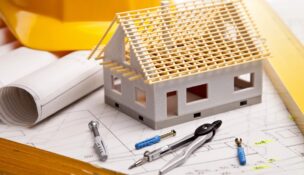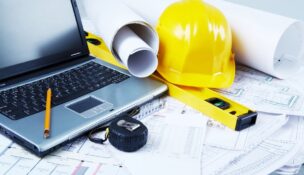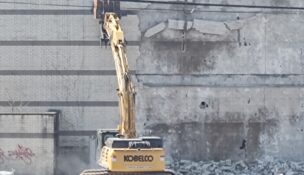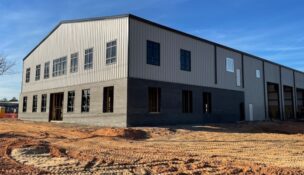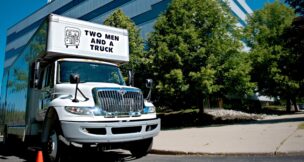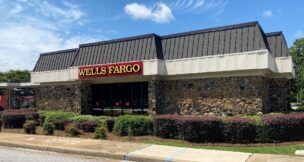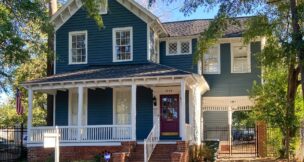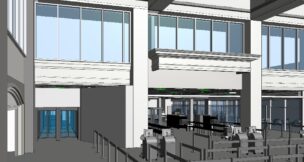S.C.’s building codes 3rd among hurricane-prone states
Staff Report //May 31, 2018//
South Carolina ranks third among 18 hurricane-prone Atlantic and Gulf Coast states in residential building codes but made little progress in strengthening those codes from 2015 to 2018, a report by the Insurance Institute for Business & Home Safety found.
IBHS released the latest edition of its analysis of residential building code systems in conjunction with Friday’s start of the 2018 Atlantic hurricane season. South Carolina’s score of 92 out of 100 ranked it behind Florida and Virginia but was unchanged from 2015 — a year that saw devastating flooding in October in Columbia.
The Richburg-based IBHS Research Center evaluated 47 key data points to determine the effectiveness of states’ residential building codes, including code adoption and enforcement, building official training and certification and construction licensing requirements. Researchers conducted tests on the effects on homes of severe weather, including hurricane-force winds, heavy rain, hail and fire.
The report (.pdf) noted that South Carolina requires registration, certification and licensing for building but recommended the state require continuing education for licensed contractors. It also urged the state not to pass proposed legislation to lengthen the cycle of code adoption from three to six years.
Last year saw several significant storms, including hurricanes Harvey, Irma and Maria, which ranked among the five costliest hurricanes in U.S. history, according to the National Oceanic and Atmospheric Administration.
“Mother Nature delivered a serious and costly beating to the U.S. and its territories during 2017, with 25 million people impacted by catastrophic hurricanes and many more by other severe weather events,” Debra Ballen, IBHS general counsel and senior vice president of public policy, said in a news release. “Bad weather is not new and will not stop. But what can and must stop is the continued construction, and inevitable destruction, of weak, vulnerable homes built — and too often rebuilt — in questionable locations.”
The 2018 hurricane season runs through Nov. 30.
IBHS found most states that ranked high in its initial 2012 report have continued to update codes and maintain effective enforcement systems.
“States with strong, updated building codes saw stunning proof last year in Florida that updated, well-enforced building codes have led to the construction of homes and buildings that can stand up to fierce hurricane winds,” Ballen said. “It can’t be any clearer: These codes work. Unfortunately, many states have taken no action to improve their code systems, and a few have weaker systems in place now than they had in 2015.”
Ballen said benefits of strong, updated codes include an increased sense of security for residents, greater protection for first responders and a level playing field for designers, builders and suppliers. Strong codes can also reduce construction costs and landfill waste from damaged or destroyed homes.
-





